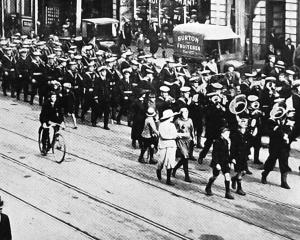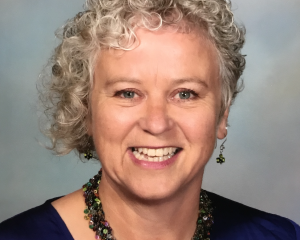
Unless you are prepared to sign a waiver abrogating your rights to travel safely and comfortably, but guaranteeing you have a goodish chance of arriving a whole 20 seconds earlier than you might have otherwise.
Speed freaks led by Transport Minister Simeon Brown seem to be holding sway in a Cabinet hell-bent on mindlessly accelerating the country, whatever the consequences.
In the fevered minds of some there is a simple equation — higher speeds equals greater productivity.
Clearly, when the government talks about fast-tracking, it’s not just infrastructure projects it is referring to.
The government has been promising it will reverse new speed limits which were introduced by its Labour predecessors. That would include changing urban roads back to 50kmh from 30kmh, lifting the limit on rural roads from 80kmh to 100kmh, and having a 110kmh limit on roads of national significance.
Experts from around the world are pleading with the coalition not to meddle with the safer speed limits we now have. To do so would be playing fast and loose with the lives of pedestrians, cyclists, passengers, children, adults and the elderly, just so a few cases of bananas can get to the other side of town a little faster.
It is internationally accepted that the speed limit needs to be 30kmh to seriously reduce the risk of a pedestrian being killed or seriously injured. The probability of that happening doubles with a rise from 30kmh to 40kmh, and doubles again from 40kmh to 50kmh. All our lives we have been told by police and roading authorities that speed is a leading cause of road fatalities, that the faster you go the bigger the mess. As the New Zealand Transport Agency says, speed affects how severe a crash will be, even if it isn’t what causes it.

A group of Otago academics, engineers and researchers has now weighed into the debate, signing a nationwide letter to Prime Minister Christopher Luxon and Mr Brown reminding them the evidence is unequivocal that higher speeds mean more death and injury.
The letter says New Zealand has made progress in recent years in adopting safer speed limits and reminds them of our international obligations towards improved road safety.
No less a figure than former Ministry of Transport chief science adviser Prof Simon Kingham is warning that "people will die, without a shadow of a doubt" if this is implemented, flying in the face of what the rest of the world is doing. "This is madness", he says.
Yes, it is. Sheer unadulterated gobsmacking lunacy. Talk about snatching madness out of the jaws of common sense — unless the plan really is to speed up the arrival of the ambulance or hearse to the accident scene.
On several occasions now, Mr Brown has looked like a possum in the headlights when questioned by 1 News’ Benedict Collins on the modelling the government has (supposedly) done to ensure the faster roads would still be as safe.
Mr Brown says he is delivering on a promise to speed things up. He doesn’t agree with Prof Kingham or anyone else. In fact, the attitude appears to be why should we bother with experts? The government seems to think it knows better than any of them.
Even if the government doesn’t have any heart, or empathy, to save lives purely because it is the right thing to do, it would be hard-pressed to argue that more road deaths and injuries will make the country more productive.
Mr Brown and his ilk have got this one badly wrong. No politician ever likes backing down, but for the sake of Kiwis’ lives they would do well to cave in to common sense.
This is one "promise" they need to break. Unless they want blood on their hands forever.












